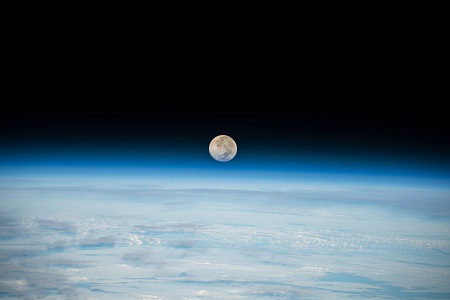NASA has allocated close to $1.5 million to academic, non-profit, and business entities to support cutting-edge technology essential for the agency’s upcoming lunar return as part of the Artemis program and future Mars expeditions. A total of 21 organizations will undertake 24 projects under NASA’s Dual-Use Technology Development Cooperative Agreement Notices (CANs) with the goal of pioneering innovative solutions. These recipients will also receive guidance from propulsion, space transportation, and science experts at NASA’s Marshall Space Flight Center in Huntsville, Alabama.
NASA is committed to collaborating with US industry and academia to develop necessary technologies for its Moon to Mars architecture. The cooperative agreement notices enable NASA to work with these organizations on projects that address technology gaps and facilitate the development of components and systems for future missions. Some of the projects include utilizing lunar regolith for construction on the Moon’s surface, using smartphone video guidance sensors to navigate robots on the International Space Station, exploring new battery materials, and improving neutrino particle detection capabilities.
Leading academic institutions such as the Florida Institute of Technology, Northwestern University, and the University of Alabama have secured funding for multiple projects, showcasing their pivotal role in advancing space exploration technology. The funding opportunity was aimed at organizations committed to fostering entrepreneurial research and innovation, with the goal of strengthening the commercial space sector and aligning with the objectives of future NASA missions.
The 2024 solicitation cycle is currently open for applications, inviting additional contributions to drive technological advancements crucial for the future of space exploration. The awardees will benefit from the expertise of NASA’s Marshall Space Flight Center in Huntsville, Alabama, in areas such as propulsion, space transportation, and science. This collaboration aims to support the development of key technologies needed for NASA’s upcoming lunar missions under the Artemis program and future expeditions to Mars.
NASA recognizes that innovation is essential for achieving its goals in space exploration. By partnering with academic institutions, non-profits
